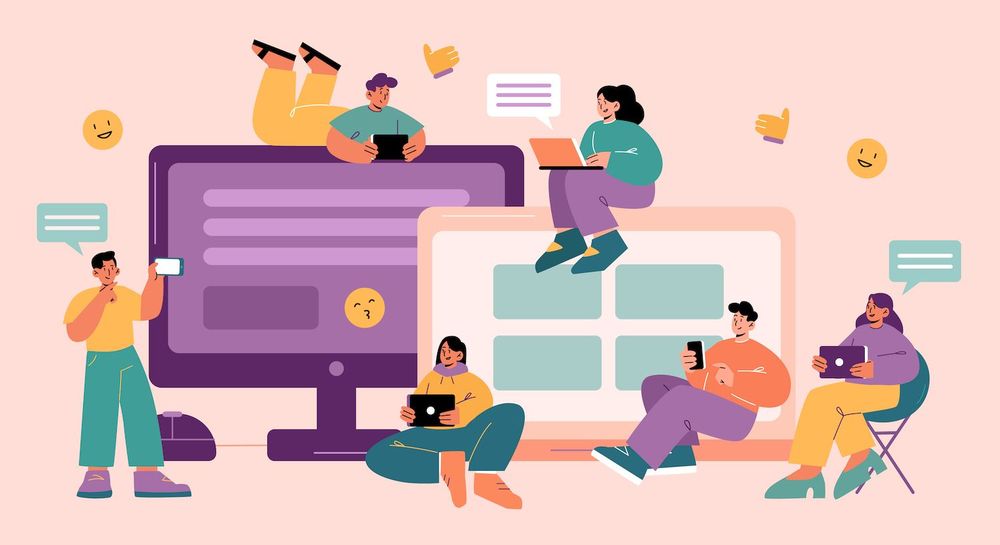Monetize. Monetization. The Mechanism and Examples (2023) |
The famed Luis von Ahn invented CAPTCHA - those little words you must type to prove you're a human being-he devised one of the greatest monetization models ever. The program would select a few random words in the archive of the New York Times, and users were then required to write the text they saw. Little did they know they had contributed to digitizing old books and newspapers as well as paying the companies for the service.
It was a novel method of adding a second stream for monetization that would protect digital information.
In this blog post will guide the reader through the terms the terms monetize and monetization. We'll clarify what they mean, then walk through various kinds of monetization, and show you the best ways to create an effective monetization strategy for your business.

What is the exact definition of money?
Monetization is the process of generating revenue from things or acts that currently do not generate profits. In the world of internet and social media, monetization is generally the strategy we use to consider the ways in which individuals and businesses that create software and content can be compensated for their efforts. For any product, service, or application, there's a number of different ways to earn money based on the way people utilize it.
In certain instances, monetization may be aspect of digital content- for example the content gate can let users purchase a service in direct. This is what happens in the event that Netflix as well as it is the New York Times or Netflix needs subscriptions.
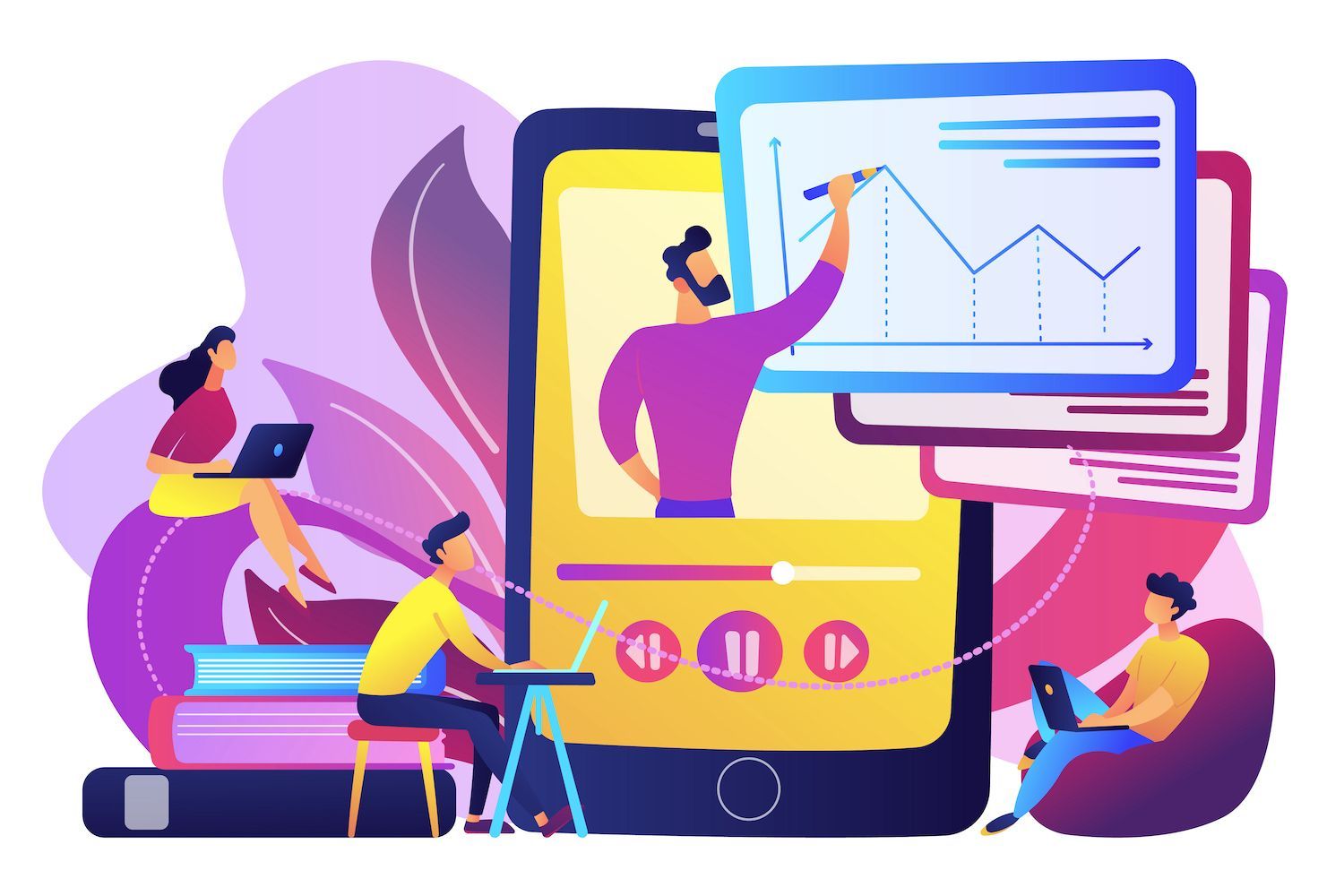
However sometimes, monetization may require the addition of extrinsic content. In a traditional newspaper advertising format, ads occupied extra space and required adding pages. Companies paid for advertisements that they knew that people would be looking and thus generating enough earnings to keep reporting of data. TV has similar to TV. And so do internet display ads as well as YouTube ads.
Online monetization
When we talk about monetization, it's usually discussing different ways that users could earn money online for example, the YouTube Channel, a TikTok follower, or a blog or web site. The result is common terms such as "Are you earning money?" or "I must monetize." Of course, we've heard about the influencer or blogger who makes $50,000/mo.
There are many ways of making money from online. For instance, a blogger could monetize their website through display ads, affiliate products, and courses they market. Social media firms monetize user's data rather than providing users with free services and requiring businesses to placing ads on the front pages of the eyes of.

Because there are many different methods to earn money, it is important to think creatively regarding how to make something monetizable. This is precisely how Luis Ahn made CAPTCHA. In addition, there are creative ways of monetizing that can be found everywhere. As an example, the stock market lets shareholders make money from their investments in businesses however the derivatives market provides more monetization to the stock market through the usage of calls and options. (If you've seen the movie The Big Short, it refers to these as "side bets." .")
When you are thinking about your monetization model and method, think of ways you can be creative when tackling the issue in choosing the right monetization strategy that works for you.
Monetize literally translates to "to transform something into money." If you've got something you've created, like digital goods, content applications, or software, to make money from it means turning the thing into money. Of course it's not taking the action literally. Most of the time you're figuring out the best way to make money out of your product. You're turning uses, views, subscriptions, members, etc. into money.

What is a specific method of monetization?
A monetization strategy is a way or method to earn a profit by selling products or services as well as the creation of intellectual property or the personal brand you have created. There are many elements that make up the monetization plan you choose to implement. All of them need to work together to bring in the money you want.
For instance when you're creating applications, you may choose to incorporate in-app purchase and charge users for downloading. Additionally, you can include ads as well as all of the above. If you developed software that you want to sell, you have the option of choosing among a variety of monetization options. You can "white label" the program and later license the software to clients to use with their own logo. It is possible to sell access to the software under your own name or provide access for free using the "freemium" increase in price.
A monetization strategy refers to the method by which the various sources of revenue are combined in order to make up the total earnings of a company.
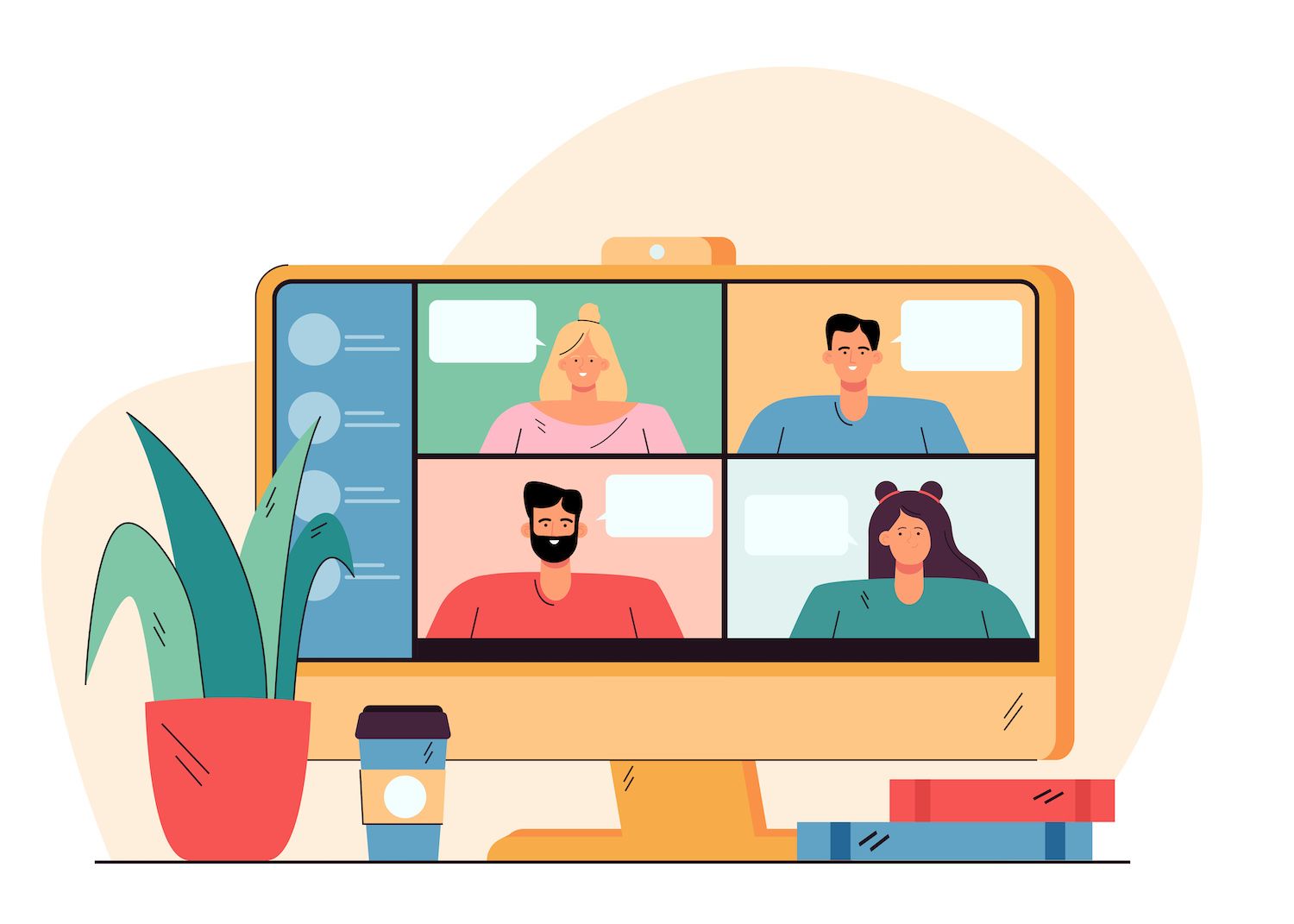
The different types of ways to monetize
Here are a handful of the more popular ways of the monetization. But they're not the only ways to make money. There are other methods of monetization that are being created daily. It's important to remember that these options aren't mutually exclusive. Numerous brands utilize more than one of these (and there is the possibility of a crossover ).
Members monetization
Member-led growth is one of the best ways to monetize. The new wave of businesses which are expanding fast are expected to be those who are able to turn customers, users and subscribers into subscribers. They'll be able to do this on a massive size.
A member-led community is as easy as establishing a membership fee for a community. However, doing so can bring in a significant income stream that's ongoing, while the users contribute content to the community, and then share their content with fellow members who are part of your community, allowing the community to expand on its own.
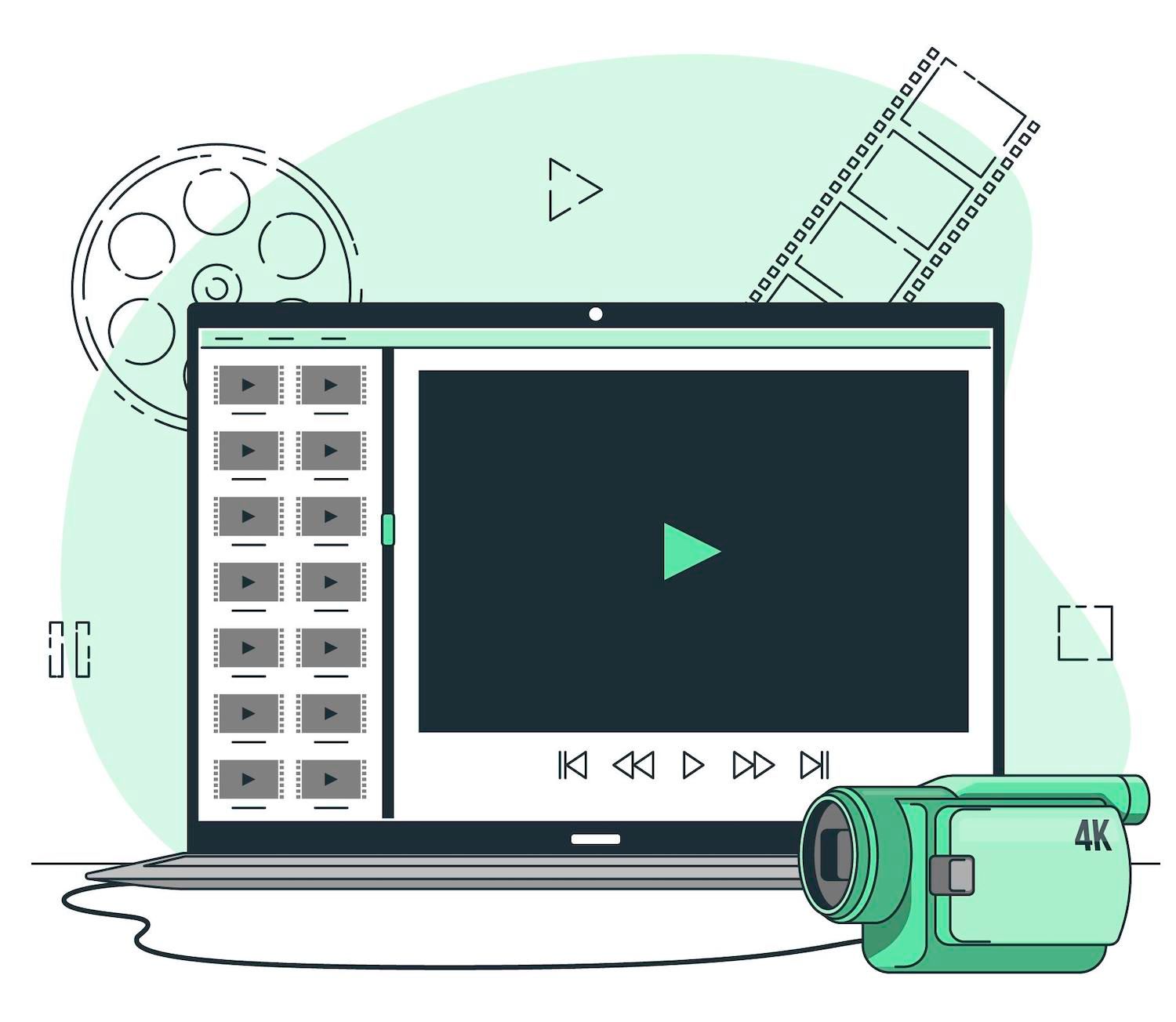
Here are a few examples of the way that member-led marketing works:
- An entrepreneurship org. The app was launched for 5000 members. It earned more than $30,000 in 2 1/2 weeks.
- Health-related launches for 100 members with high-tickets also added $40,000 to the ARR.
- The author and speaker was featured for four weeks in their community. The company saw an increase of $30,000. the sales.
- A podcaster and author offered the opportunity to purchase 5,000 tickets for a 997-$997 course in only 10 days to existing members.
- One locality started an added-on 13-week course that generated an additional $100k in revenues in just two months.
If you're offering products that are members-only that you are a member of, you'll typically earn revenue from membership fees and any additional products your customers purchase-a business model McKinsey calls an Flywheel for communities .
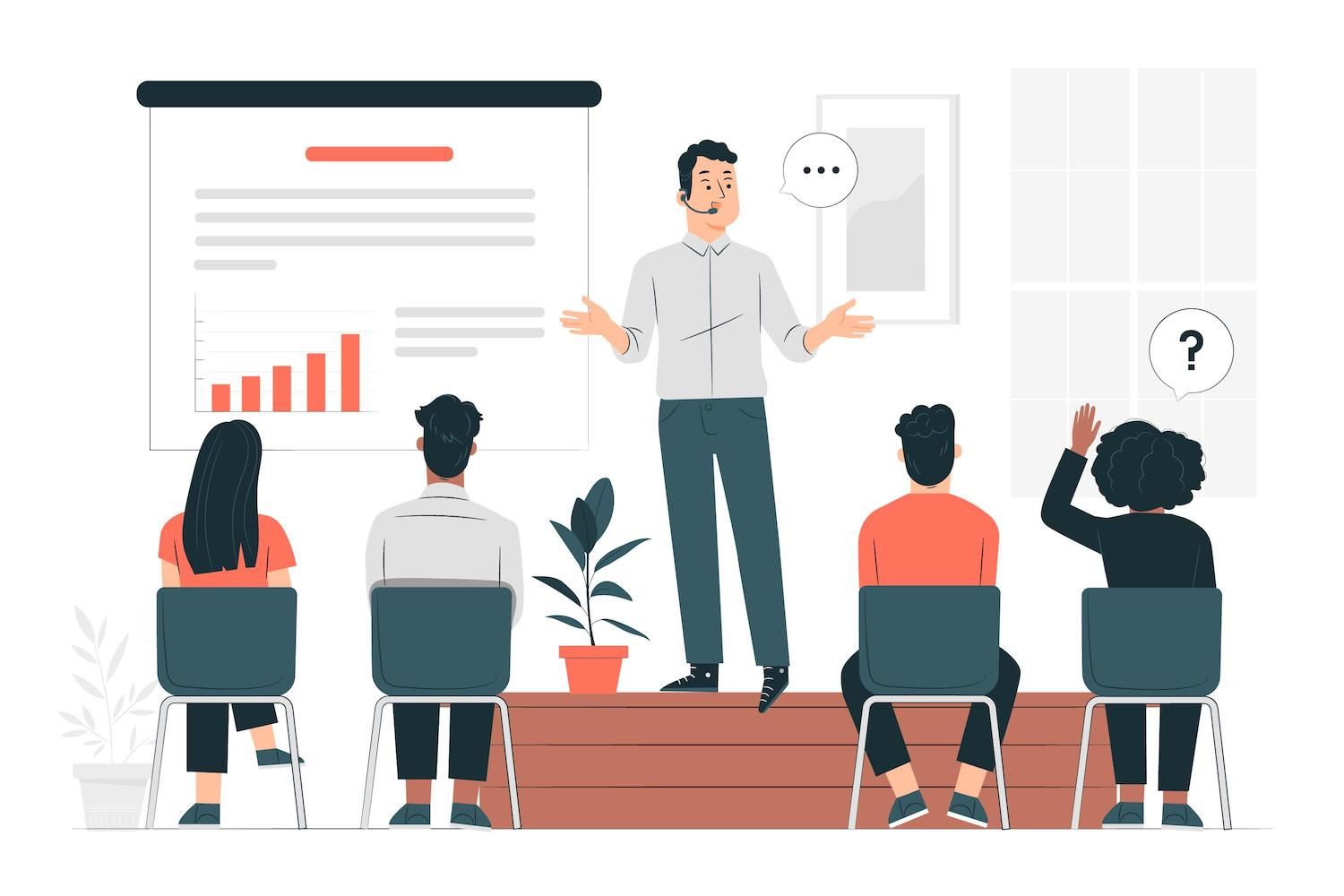
Digital Subscriptions
The subscription and monetization model functions a lot like a member model. Your customers don't add benefit. They are instead consuming your software, or other content that you've created or licenced. This is the most common method utilized by businesses that provide software. Companies such as Microsoft as well as Dropbox have been able to make subscriptions their bread and butter.
The same is true for media too. Netflix as well as Disney+ have built empires with subscription services. Subscriptions also saved The New York Times; in 2020 there were 8 million print and digital subscribers.
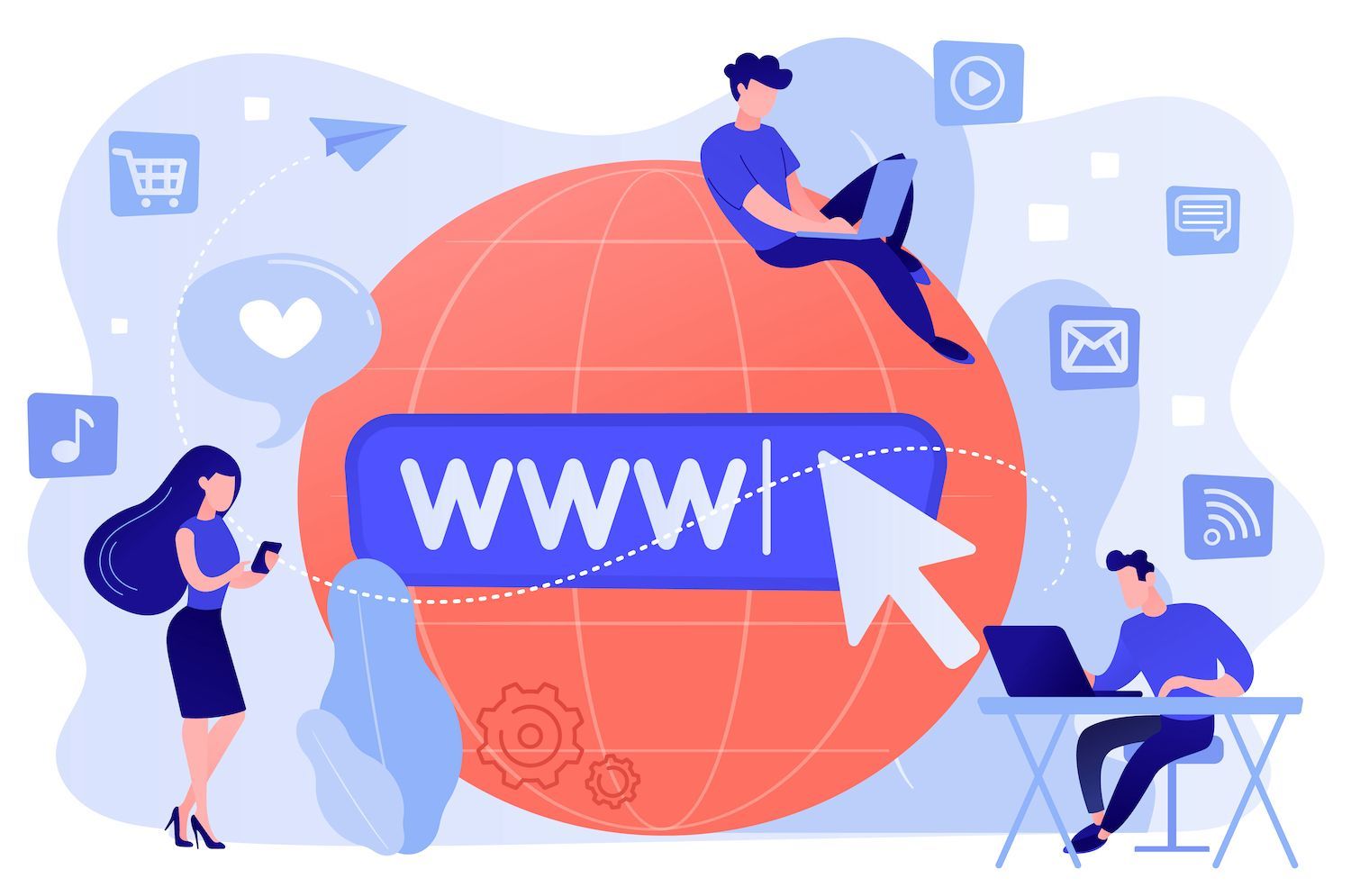
Freemium
It's a method that is extremely popular among software businesses, because it permits users to test the product for free prior to committing. In this case, the structures for monetization take responsibility for the trial period, and there's no need to provide items like "money back guarantees" as the money does not have to be paid prior to. However, it also lets users, members, and so on, easily upgrade to get beyond the paywall after a certain period of time, or to receive greater features.
Content monetization
There are a variety of ways to earn money through media content, such as digital subscriptions or subscriptions. However, for creators of content there are endless options. Here are a few most popular ones:
- Affiliate marketing: If your blog or feed talks about a product on a blog or feed for social media, when someone is able to click on a tracker approved by the brand link, you could earn commissions. A variety of blogs and websites make cash by using affiliates.
- Ads: Monetizing using ads is a well-tested and efficient method of monetizing for businesses which are heavy on content, ranging including TV channels, websites and applications (more on this later in the near future). Advertising can be paid per advertisement, or per view (usually referred to as RPM=revenue Per Mille ).
- Sponsorships: The expression "sponsored content" typically is used to describe blog posts which were paid for by sponsors. Today, more and more sponsored content is created by influencers.

Social media monetization
The majority of us view the monetization of social media as one of the method of making money on their social media sites. Most social media publishers monetize with different options already in this list, including affiliate marketing, ads, or sponsored content.
There's also the matter of how social media platforms themselves make money-and are equally creative. Here are two examples of how social media giants generate profit:
- Meta is a brand that has its own flagship brands such as Facebook and Instagram, Meta makes money through the sale of attention. With 2 billion people using it daily, it has plenty to offer. Meta gathers data from users and offers companies the ability to place the appropriate advertisements to their customers, with extremely targeted demographic data. Meta's revenue was estimated to be $32 Billion in the final third quarter of the year 2022. Meta's system of collecting data is so efficient that it's been the target of investigations (think Cambridge Analytica's attempts to influence election results).
- LinkedIn: LinkedIn is much smaller than Meta, with 141 million daily users. But it's created its own revenue model to monetize its advantages in its role as an app. Because it's a career-focused networking platform, it can provide premium plans to job applicants (giving the applicants an advantage on job applications) in turn, it can sell exclusive plans to recruiters and employers for a higher cost. It lets each kind of user access the information they want via the platform. However, it also sells ads. LinkedIn has generated over $13 billion in revenue in 2022.
When you examine all the social media platforms and you'll notice they all have some things to be capable of. They do not charge users to join the platform to begin with. The goal of these sites is to attract enormous engagement and attention or to convert users to premium plans or -more typical- to get their users their attention to advertisers.

App monetization
The monetization of apps can be all-encompassing, and we've devoted an entire guide on it. However, let's simply say that there's an array of methods to increase the value of apps through subscriptions, memberships and as well advertisements. However, what makes apps stand out is the category of In-app purchases.
There are 13 ways mobile apps can be made monetizable make sure you check out our guide about Mobile App Monetization to get a thorough review of each.
- Freemium
- Advertising + Premium
- ads only
- Ads + In-App Purchases
- Subscriptions
- Memberships
- Courses
- Events
- Products (physical as well as digital)
- One-time purchase
- Services
- Selling user data
- Crowdfunding

Product-led monetization
The most lucrative monetization model is an item. It can be a digital item, such as a prestigious online course. As an example, we have previously mentioned that a podcaster and the author of Mighty sell 5,000 tickets to a $997 course in 10 days. This is a great way to monetize digital products.
The selling of a physical product is an established and tried method of earning money and there are some truly amazing brands who have mastered the art of turning digital hype into actual product sales.

Check out Peloton, who created a bike that was a physical object that connected people into exercise routines along with other fitness buffs with real-time updates. It also helped that Peleton was born in the midst of the epidemic, and the majority of people wanted a way to exercise. It has also been the case of celebrities who launch physical goods and use their own names to market them. Similar the case of Ryan Reynolds' Aviation Gin brand which he has recently sold at 610 million dollars.
The integration of content that has the online world is just getting started however we'll likely see more of this in the very near future.
Licensing
This is a model of the monetization process that's not well-known and, for anyone who has any form Intellectual property may be an incredible method of monetizing. It's when you are the person who owns a certain technique or concept and you license others to make use of the method or design. When you see anyone selling "Trademarked X method to X" You're likely thinking about a licensing plan.
For instance, many creators will develop their brands with regards to topics like TED Talks or op-eds However they could grant permission to apply their ideas to companies.

Consulting and services
This is similar to licensing however the people who develop expertise on their online content can often make money from the sale of the material. For example, a lot of the creators who are on LinkedIn and YouTube that share their experience and can be contacted by companies or other individuals to utilize the material in a more direct method. If you owned a YouTube channel aimed at aiding entrepreneurs to build their businesses It is logical that people might be interested in hiring to coach them. This is the reason why hiring services or consulting is usually an excellent way to make cash.
Data
One final monetization model is the one that makes money from data. When you use an online platform collects data regarding its users and sells it to other third parties, often advertisers. It's a staple of social media firms (above) However, social media companies aren't the only ones collecting and sell data about users.
In all industries including health care, to finance, firms are collecting and monetizing user data. Though selling personal data of users is a method of monetization employed by many tech companies but it's not a method that smaller-scale creators and brands employ based on a reasons that are legitimate. It's complicated and challenging. It must be done on an extensive scale as well as having numerous legal implications.

What is the best strategy for monetization?
Each monetization model has benefits as well as drawbacks. Freemium models let users try items or services prior to charging and help in selling much more quickly. The upfront charging process requires longer sales efforts, however it can bring cash into the system earlier. The subscription model can bring an increase in revenues month after month, however it requires constant support from customers. Plus you need customers to stay for an extended period of time so that you can realize the full value of the recurring revenues.
There are a variety of ways to monetize any creation of either a service or product other, especially within the digital realm and therefore, selecting the right model that will allow you to manage accessibility, user growth, and personal ambitions is vital.

Monetization model examples
- Vikrim starts the first online community and chooses to charge one fee up front that will give annual access as well as everything else that falls under.
- Ali is the creator of a monthly, paid subscription newsletter with advice and offers. It is distributed each monthly.
- Charles has been a major influencer. He also provides Social tokens for people to have increased access.
- James creates an app and makes it available for download free with purchases of items in the app.
- Jen is an influential writer and thought leader who earns money from her writing through public speaking and book sales.
What is the best way to create an effective monetization strategy
If you're looking to market your business Here are a few tips to develop your strategy:
- Understand your strengths: Many of the efforts to generate revenue fail due to they don't understand the benefits of their company's brand. Take an instance: it is just a handful of customers who've committed. Advertising isn't the most effective option for monetization, because the items must be sold in large quantities. Your product could be ideal. But the situation could be different in the case of no specific website content and a large number of people visiting the site, advertising could be better. Your product will not be successful without a clear subject matter. Choose your strengths and select the one that best fits your needs.
- Have your friends help you when thinking about creating products or services that will be sold, request your members determine the things they'd like from the product or service you offer. If you're part of an online community it can be as simple as asking a question.
- Be sure that it is appropriate for: Some monetization attempts fail due to misinterpretation of their audience. For instance, there's a story that a blogger gave job advice to young people who were unemployed planning to market a product that cost a lot. It was a disaster. There was a lot of enthusiasm, however they had no money (remember that they were not employed! )
- Align your tech: Monetization-especially done online-usually takes some sort of tech solution. If you're monetizing an online community, it could be as easy as turning to a membership scheme or a bundle. But each monetization method needs an initial set of steps. Do you want to self-publish an eBook? You must know the how to format, layout and design of your cover, in addition to KDP. KDP platform (or hire someone who does). Want to put ads on your site? You should join an ad-based network like Mediavine along with Ezoic and then set it up.
- Be aware of the business aspects regardless of whether you work on the internet, making cash is something the IRS is a bit of a skeptic about. You must be aware of how you can claim the income you earn. An excursion to the neighborhood small business center could be in order. They will often show you what you need.
- Learn, experiment and adapt. Explore different methods of monetization A monetization that is the first you try might not be the right one. Be prepared to experiment with different solutions (and keep things simple) until you find the most effective solution to your requirements and the customers you serve.
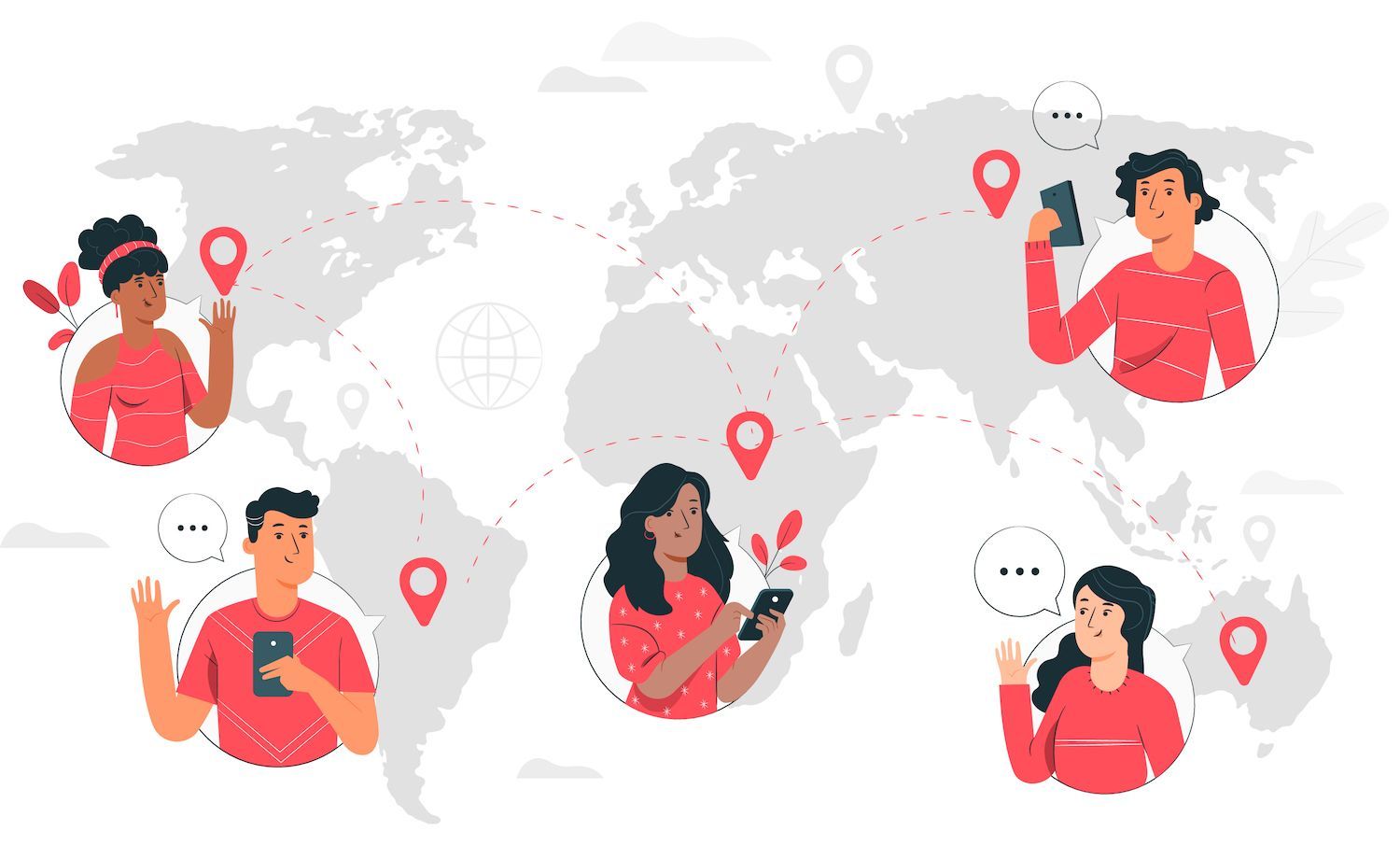
Conclusion
As you look for the best monetization strategy take note of the things that are beneficial to the brand you're building and for your customers. Avoid imposing the issue. It is important to manage the monetization process with care and at the same time, without causing them to be unhappy with your product.
If you're seeking an effective opportunity to develop a members-led growing business Join us on Mighty! The platform can be monetized through community and content such as classes, courses and live activities. You can also test it at no cost during 14 days!
This post was first seen on here
